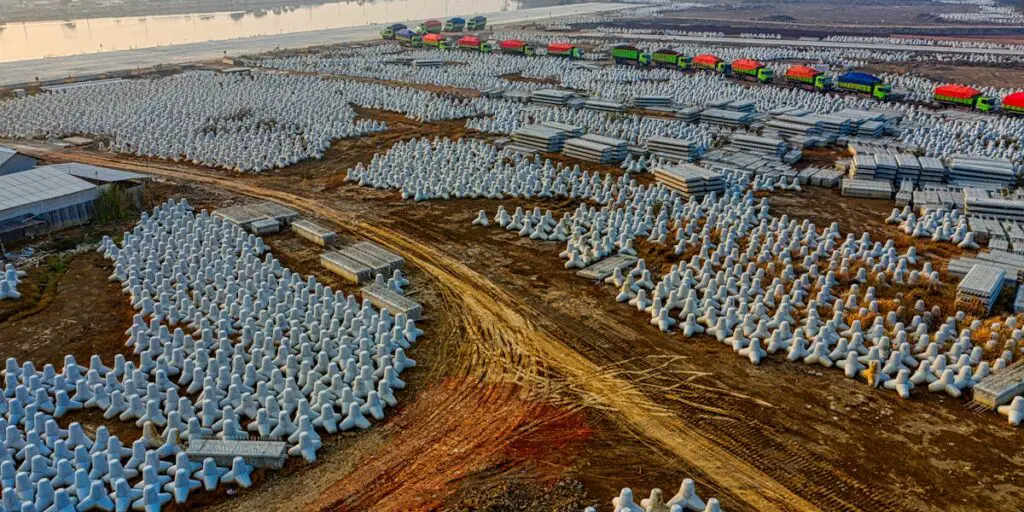What Are the Major Issues Between India-China Relations? Explain.
India and China, two of the world’s largest and most populous countries, share a complex relationship marked by cooperation and competition. While both nations engage in economic partnerships and regional forums, their bilateral ties have been strained due to historical disputes, border tensions, trade imbalances, and geopolitical rivalries. Major Issues in India-China Relations 1. Border […]
What Are the Major Issues Between India-China Relations? Explain. Read More »










